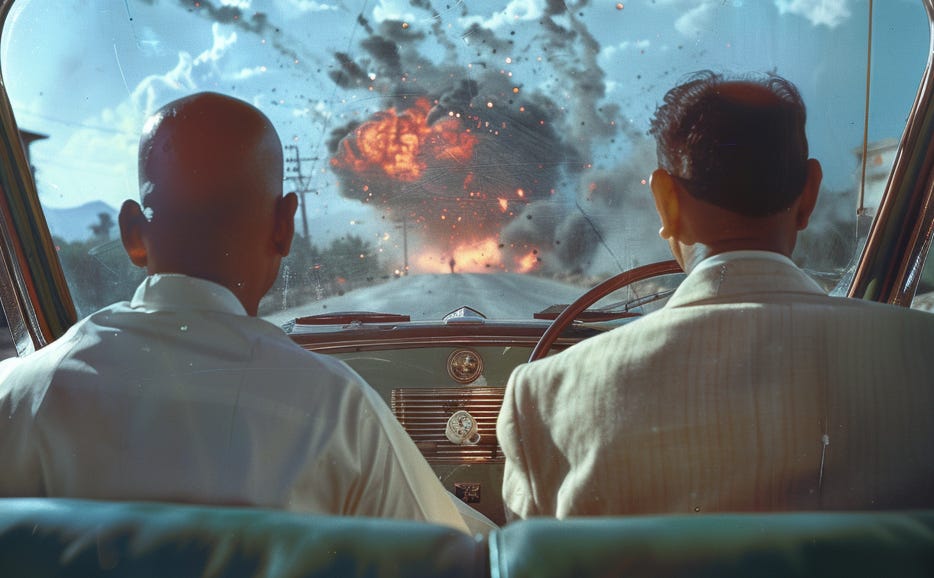We know that Gandhi was assassinated on January 30, 1948, and that there were attempts to kill him in South Africa in 1897 and 1908. Someone else tried on June 25, 1934.

In the 1930s, Gandhi focused on addressing issues of inequality related to Hindus without caste. He began four fasts for the cause within one year, starting with the Epic Fast opposing a separate electorate for Dalits, another one over prison discrimination, and then a 21-day fast for self-purification as he continued the work. All three commenced in prison, but since he wasn’t expected to survive the 21 days, he was released unconditionally in May 1933.
Gandhi survived, but by August, he was back in prison to serve a one-year sentence. When his request to write articles for his Harajin (“Children of God”) publication was refused, he began another fast. After his health deteriorated precipitously in the first week, the British released him. Once he’d recovered, Gandhi announced that he would focus solely on his anti-untouchability work for the span of time that he would otherwise have been incarcerated.
He embarked on a national tour, drawing ire from orthodox Hindus who saw adherence to the caste system as an essential component to their religion. After eight months, his travels brought him back to Pune, where the Epic Fast had taken place. Hundreds of protestors turned out to march through the streets: one sign read “Do Not Give Reception to Gandhi the Destroyer of the Hindu Religion.”1
On June 25th, Gandhi and Kasturba were on their way to a public meeting. Although Gandhi was a punctual guy, their car had to stop for a train, delaying them for a few minutes. When they arrived, they found the aftermath of an explosion.
It turned out that another car had arrived when Gandhi was expected, and so was mistaken for him. When a band began to play, an unknown person stationed on the second floor of a nearby house threw a bomb at the car. Their aim was off, but when it exploded in the street, five people were injured.
Gandhi was undeterred by the assassination attempt, and the evening’s program went ahead as planned. “I have nothing but deep pity for the unknown thrower of the bomb,” he said in a statement to the press.2 He reminded them that he’d asked that no charges be filed against man who’d assaulted him in South Africa. Given the opportunity, he would do the same thing again.
An unflagging optimism in human beings is one of Gandhi’s most defining qualities.
Can you think of an incident where you’d have been killed if events had unfolded differently?
Gandhi: The Years that Changed the World, 1914–1948 (Ramachandra Guha, 2018) p. 464
The Collected Works of Mahatma Gandhi (“Statement to the Press”, June 25, 1934) p. 31100


